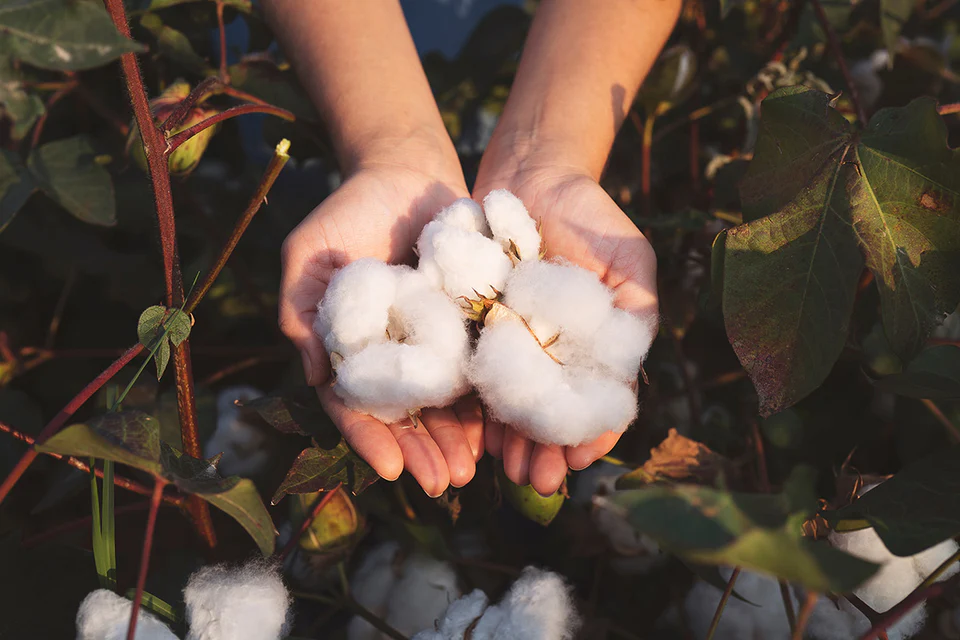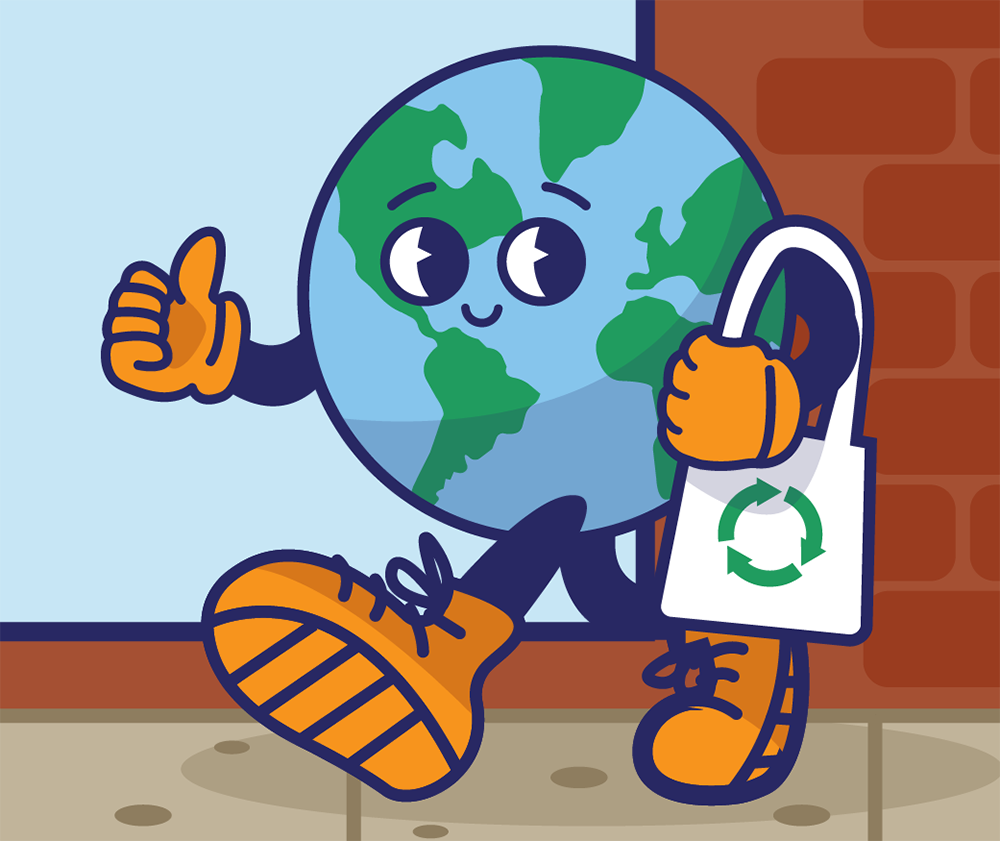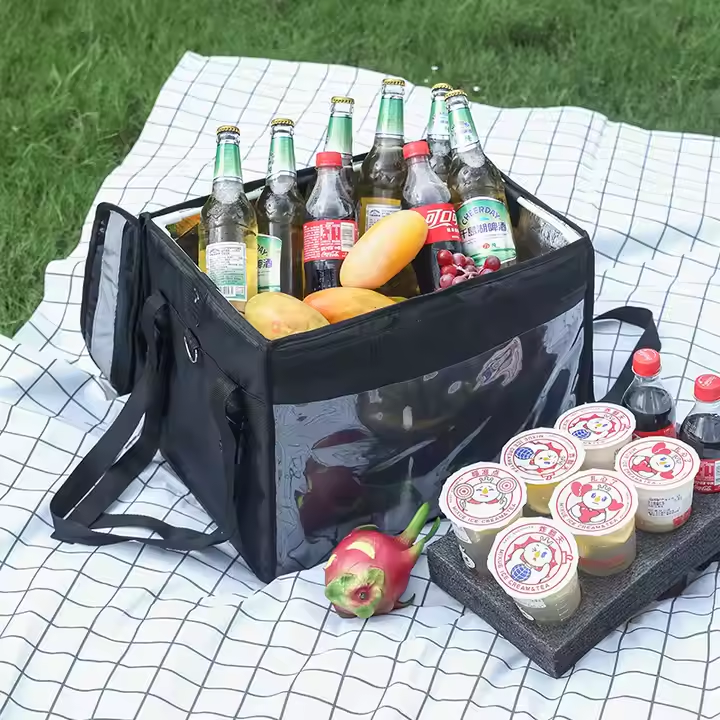Has the ban on single-use plastic bags boosted international demand for biodegradable and reusable alternatives1?

Plastic pollution is a growing crisis. As countries ban plastic bags, the demand for biodegradable and reusable alternatives1 surges globally.
The ban on single-use plastic bags has significantly increased global demand for eco-friendly alternatives, especially biodegradable and reusable bags, in both developed and developing countries.
Banning plastic bags may seem simple, but it changes everything—from supply chains to consumer behavior. Let’s dig deeper into the reasons and effects.
Why did plastic bags get banned?
Plastic bags choke oceans, clog cities, and threaten wildlife. Governments responded with bans to protect ecosystems and human health.
Plastic bags were banned due to their environmental hazards2, including pollution, wildlife harm, and inefficiencies in waste management systems.

Many countries saw plastic bags scatter across landscapes and wash up on shorelines. These bags often end up in the stomachs of animals or break down into microplastics that enter the food chain.
Environmental Consequences of Plastic Bags
| Impact Area | Consequences |
|---|---|
| Oceans and Rivers | Marine life ingestion and entanglement |
| Urban Infrastructure | Drainage blockages and flooding |
| Agriculture | Soil degradation from microplastics |
| Public Health | Contaminated food and water |
Governments acted. Bans followed. Some started taxing bags, others prohibited them completely. The public's perception shifted. Demand for biodegradable and reusable options began to rise—fast.
Is banning single-use plastic effective?
Plastic bag bans alone can’t fix the environment. But they can change habits and encourage sustainable choices.
Banning single-use plastic is effective when combined with education, enforcement, and availability of alternatives.

When the law changed, people adapted. Some resisted at first. But over time, customers and businesses made the switch. I’ve seen clients who initially questioned the value of reusable bags now order them in bulk.
Key Factors in Ban Effectiveness
| Factor | Role in Success |
|---|---|
| Public Awareness | Builds support and understanding |
| Government Enforcement | Ensures compliance and consistency |
| Alternative Supply | Meets the new market demand |
| Industry Engagement | Drives innovation and cost control |
Plastic bans work best when people know why they exist and what to do instead. That’s when change becomes permanent.
How does banning single-use plastic affect the economy?
The ban hurts some industries but creates new opportunities in green manufacturing and packaging.
Plastic bans shift jobs and investments toward sustainable sectors, spurring growth in eco-friendly production while challenging traditional plastic manufacturers.

When bans were announced, traditional plastic suppliers pushed back. But markets are quick to respond. New factories opened. Old ones retooled. We invested in better machines to handle large orders for non-woven bags. Our production soared.
Economic Shifts Due to Plastic Bag Bans
| Sector | Impact |
|---|---|
| Plastic Manufacturing | Decline in volume and profit margins |
| Green Packaging | Rise in investment and job creation |
| Retail and Wholesale | Increase in operational adjustments |
| Logistics | Shift in packaging material needs |
There’s money to be made—if you're ready to pivot. The demand for eco bags now outpaces traditional plastic in many regions.
What will happen if we stop using plastic bags?
Our streets, oceans, and landfills would slowly clear up. But the real win is mindset change.
Ending plastic bag use leads to cleaner environments and a shift toward sustainable consumer behavior3 and circular economies.

If we stop using plastic bags, fewer bags will clog the ocean. Waste management systems will function better. More importantly, people will start asking, “What else can we change?”
Long-Term Effects of Ending Plastic Bag Use
| Change | Long-Term Impact |
|---|---|
| Reduced Plastic Waste | Cleaner cities and nature |
| Increased Eco Awareness | Sustainable consumer habits |
| Market for Reusables | Stronger demand for alternatives |
| Innovation in Packaging | Smarter, safer designs |
This isn’t about one bag. It’s about every decision we make. The more we replace plastics, the closer we get to real sustainability.
Conclusion
Banning plastic bags has created challenges, but even more opportunities. Eco-bag demand rises. We must evolve or be left behind.
-
Explore this link to understand how biodegradable and reusable alternatives can help combat plastic pollution and promote sustainability. ↩ ↩
-
Learn more about the environmental hazards caused by plastic bags and why bans are necessary for a healthier planet. ↩
-
Discover strategies to encourage sustainable consumer behavior and the role of education in making lasting changes. ↩









